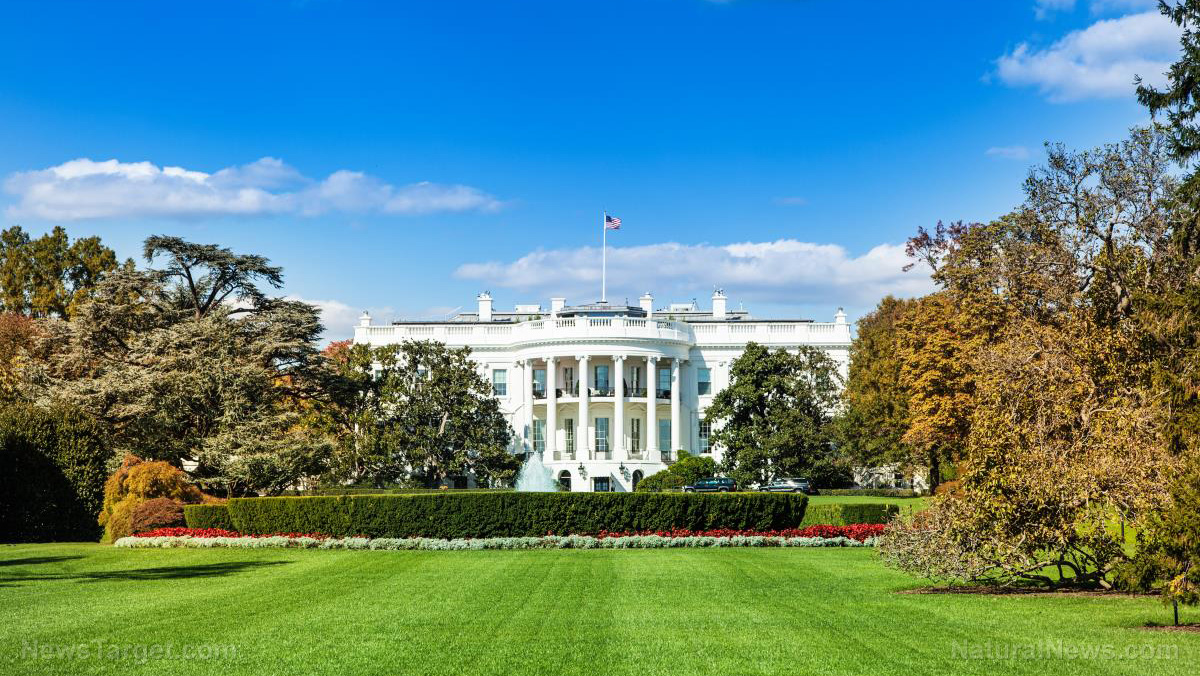
Researchers at UC Berkeley's Haas School of Business (Berkeley Haas) found that the brain is wired to find learning new information rewarding. New information causes the brain to release dopamine, which makes a person feel rewarded in the same way they would had they gotten paid money or eaten their favorite snack.
"To the brain, information is its own reward, above and beyond whether it's useful," said Associate Prof. Ming Hsu, a neuroeconomist at Berkeley Haas.
"And just as our brains like empty calories from junk food, they can overvalue information that makes us feel good but may not be useful — what some may call idle curiosity."
Studying curiosity
The findings came as part of a study into curiosity and what it looks like inside the brain. Economists have long seen curiosity simply as a means to an end, as something valuable when it can help people get information to gain an edge in decision making. Psychologists, however, view curiosity as an innate motivation, something that spurs action on its own.
"Our study tried to answer two questions. First, can we reconcile the economic and psychological views of curiosity, or why do people seek information? Second, what does curiosity look like inside the brain?" Hsu said.
To understand how curiosity works on the brain, the researchers had volunteers play a gambling game while scanning their brains using functional magnetic resonance imaging (fMRI). During the game, each participant faced a series of lotteries and must decide how much they were willing to pay to learn more about the odds of winning each lottery. In some of the lotteries, the information was valuable – for example, revealing that a long-shot bet was actually a sure thing. In others, there wasn't much as stake, making the information not worth the cost.
For the most part, the volunteers made rational choices based on how much money it could help them win. However, that didn't always explain their choices – the volunteers over-valued information in general, particularly in the higher-valued lotteries. The higher the stakes, the more the volunteers' curiosity increased, even when the information had no effect on their decisions on whether to play.
Based on this, the researchers determined that only a model that captured both economic and psychological motives for seeking information could determine the volunteers' behavior. The volunteers acquired information based not only on its actual benefit, but also on the anticipation of that benefit. Hsu compared this to wanting to know whether someone received a great job offer, even if that person had no intention of accepting it.
"Anticipation serves to amplify how good or bad something seems, and the anticipation of a more pleasurable reward makes the information appear even more valuable," he said.
Mapping how the brain responds to information
Upon analyzing the fMRI scans, Hsu and his team discovered that the information about the games' odds activated regions of the brain known to be involved in valuation. These are the same dopamine-producing reward areas that are activated by money, food and even many drugs. These areas were activated whether or not the information was useful, or changed the volunteers' decisions.
Following this, the researchers used machine learning techniques to determine the brains' neural code when faced with information. Here, they confirmed that the volunteers' brains used the same neural code for information about the lottery as they would about money.
Based on this, Hsu posits that the brain converts curiosity and information into the same common code for concrete rewards like money in the same way it converts things like vacation or a favorite meal into a dollar value.
Addicted to information like junk food
Hsu and his team's research did not generally address issues of the over-consumption of digital information. However, Hsu said that the fact that information engages the brain's reward system plays a part in the addiction cycle. The anticipation of a reward from getting information, as the brain releases dopamine, explains why people find things like alerts saying they've been tagged on social media so irresistible. (Related: Study on cell phone dangers prompts major call for school bans.)
“The way our brains respond to the anticipation of a pleasurable reward is an important reason why people are susceptible to clickbait,” said Hsu.
"Just like junk food, this might be a situation where previously adaptive mechanisms get exploited now that we have unprecedented access to novel curiosities."
Sources include:
Please contact us for more information.























